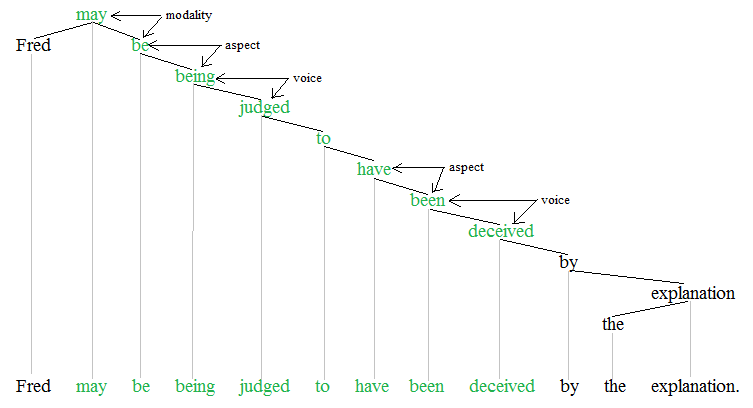Verbs vs Nouns
Verbs and nouns are essential components of English grammar, making it crucial to understand the distinction between the two. Both are parts of speech used in grammar, with verbs representing actions and nouns representing names. The terms “verbs” and “nouns” are the plural forms of “verb” and “noun,” both of which have their origins in Late Middle English. To excel in the English language, it is necessary to comprehend the differences between verbs and nouns.
What is a Noun?
A noun represents the name of a person, place, or thing, as demonstrated by the words “Francis,” “London,” and “chair.” Nouns and verbs work together to create complete sentences, as shown in the following examples:
– Francis reads a book.
– Angela gives a fruit to Adam.
In these sentences, “Francis” and “Angela” are nouns, while “fruit” is another noun that functions as the object. This illustrates that nouns can be used as either the subject or the object in a sentence, and both subjects and objects can be classified as nouns.
What is a Verb?
A verb indicates an action, such as “eating,” “dancing,” “writing,” or “swimming.” Verbs can describe anything we do or perform. Like nouns, verbs are needed to form complete sentences, as seen in the examples below:
– Francis reads a book.
– Angela gives a fruit to Adam.
In these sentences, “reads” and “gives” are verbs. Verbs typically connect a subject to an object.
Key Takeaways
- A verb represents an action, while a noun represents a name.
- Nouns can be used as either the subject or the object in a sentence.
- Verbs typically connect a subject to an object, and both subjects and objects can be considered nouns.
